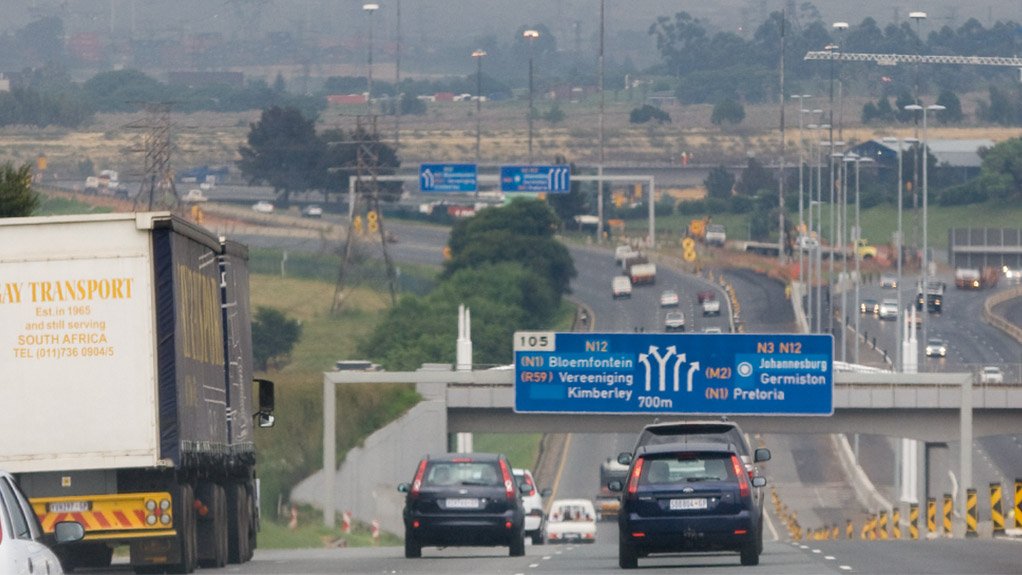Departmental accruals, where invoices from one financial year are forwarded for payment in the following financial year, pose a threat to the overall financial health of the Gauteng provincial government (GPG) and its R250-billion Medium Term Budget, Finance MEC Barbara Creecy said on Tuesday.
Speaking during a media briefing at the Gauteng Legislature, she said the provincial government’s “war on waste” was succeeding, however, with fruitless and wasteful expenditure in the last year reducing by 93% to R29-million.
Timeous invoice payment was achieved at varying rates, with ten of the 14 departments paying 90% of their invoices within 30 days and nine of these achieving payment rates of 95% or higher.
“The key question we are working on is how do we get an invoice from a decentralised service point - where medicine, school nutrition or transport would be delivered - to head office, where it can be verified and sent through to Treasury for payment,” she noted.
Further, she highlighted that government was seeking to enforce electronic invoice submissions for all tenders and requests for quotations above R250 000 in value.
In a breakdown of the budget, Creecy noted that about R127.8-billion would be spent on education over the next three years, to fund the education of 2.3-million learners in the public schooling system. “This comprises 1.2-million learners at no-fee schools, 42 000 students in special schools and 141 000 grade R learners,” she stated.
The provincial health department would be allocated R127.2-billion over this time.
A third priority area is the infrastructure sector, which will create economic growth and jobs. “The local government has already seen its second quarter growth figures for the province indicating new and encouraging green shoots.”
The provincial economy grew at 2.9% in the second quarter, up from 0.1% in the first quarter, with manufacturing, agriculture and transport the main drivers.
Creecy believed the infrastructure spend would further bolster this growth and noted that the Gauteng Infrastructure Financing Agency had a project pipeline with the potential to raise more than R40-billion to support the provincial infrastructure master plan.
Currently, six projects were out on the market, with another eight expected to be released before the financial year-end, with many in the feasibility stage.
Meanwhile, the Gauteng Department of Cooperative Governance and Traditional Affairs (Cogta) received R20-million to address the resettlement needs of communities that were affected by recent floods. This, Creecy said, would come from government’s reserve.
Another R50-million would be spent on several water and electrification services under the provincial Cogta banner.
Creecy highlighted that GPG only received an additional R40-million, but that additional allocation in the adjustment budget stood at R1.9-billion. “This is money that we have saved or earned through our own provincial revenue activities, and given the fact that we are 95% dependent on national government for funding, we are not doing badly.”
Over the last two years, the GPG had managed to generate R13.5-billion in own revenue. “I am satisfied with this revenue generation, given that we are in tough economic times,” she stated.
Social development in the province would receive an additional R36.2-million during the three years, while the Gauteng Department of Community Safety was allocated R20.7-million. The Department of Human Settlements will receive an additional R50-million to accelerate the issuing of title deeds.
The Department of Agriculture and Rural Development was allocated R53.7-million and the Office of the Premier R20-million to fund youth employment programmes. The provincial Economic Development Department received an additional R25.5-million to bolster tourism and small, medium-sized and microenterprise support programmes.
EMAIL THIS ARTICLE SAVE THIS ARTICLE
To subscribe email subscriptions@creamermedia.co.za or click here
To advertise email advertising@creamermedia.co.za or click here











